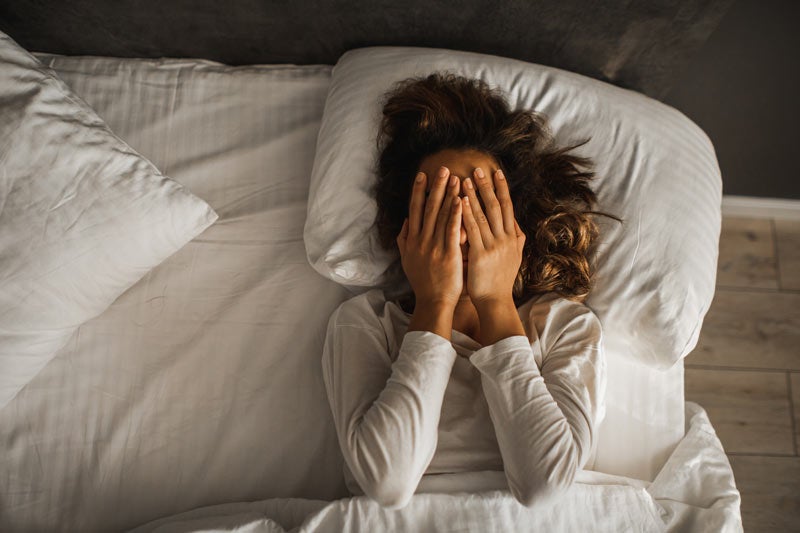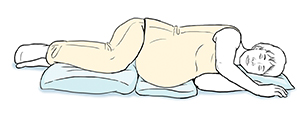A woman goes through many stages during her lifetime. These stages are a natural part of being a woman. Physical and emotional changes take place during the menstrual cycle, pregnancy, motherhood, and menopause. These changes can affect sleep, even cause insomnia. But there are ways you can improve your sleep. Some changes are appropriate for all life stages. These include stopping screen time (phones, tablets, TV) an hour before bedtime and while in bed. Establish a bedtime routine.
Menstrual cycle
Many women have physical or emotional symptoms before or during their period. These symptoms may include mood swings, cramping, and fatigue. They can affect how you feel and how you sleep. Eating a well-balanced diet low in fat, salt, and sugar may reduce your symptoms. Vitamin and mineral supplements may also help. Regular exercise can reduce stress and relieve some of your symptoms. You will have more energy during the day and be more tired at bedtime. Morning or afternoon exercise is best. Nighttime exercise may affect your sleep.
Pregnancy
-
Take a warm shower before bed.
-
Ask your partner to massage your shoulders, neck, or back.
-
Sleep with pillows under your stomach and back, and between your knees. During your last trimester, sleep on your left side and use pillows to make yourself comfortable.
-
Don't take naps after 3 p.m.
-
Exercise and practice good posture. Sleep on a firm mattress.
-
To reduce frequent urination at night, drink most of your fluids earlier in the day.
-
Sleep with your upper body raised several inches. Don’t lie down for 2 hours after you eat.
-
Walk, stretch, or massage restless legs.
-
Limit coffee, black tea, and cola. These may keep you awake at night.
-
Try relaxation methods.
Motherhood
-
Ask for help when you need it. Accept help when it’s offered.
-
Many new mothers feel a little down for a few weeks. Share your feelings with your loved ones. Talk to your health care provider if your feelings get in the way of sleeping or eating.
-
Try to adjust your baby’s sleep to fit a day-night cycle. At night, have lights dim and the setting quiet. During the day, keep your baby active longer. Then they will sleep better at night.
-
Take a daily walk with your baby. Fresh air and daylight will help you both sleep better.
-
When your baby sleeps, lie down for a nap or put your feet up and rest.
-
Limit coffee, black tea, and cola. These may keep you awake at night.
-
Don't drink alcohol for at least 4 hours before bedtime.
Menopause
Menopause is when you stop having periods for good. Just before menopause, your body makes fewer female hormones. This can cause physical, mental, or emotional changes that may affect your sleep. Try these tips:
-
If you have hot flashes and night sweats, stay away from caffeine and spicy foods at nighttime. Wear a cotton nightgown and put cotton sheets on your bed. Keep the room cool and dark. Use a portable fan.
-
Mood swings can cause insomnia, memory loss, fatigue, or depression. If these affect your sleep, talk to your health care provider. Lift your spirits by exercising and doing things you enjoy.
-
Try relaxation methods. Exercise regularly.
-
Don't drink alcohol.
-
Don't nap after 3 p.m.
-
Use the bedroom for only sleep and sex.
Featured in



